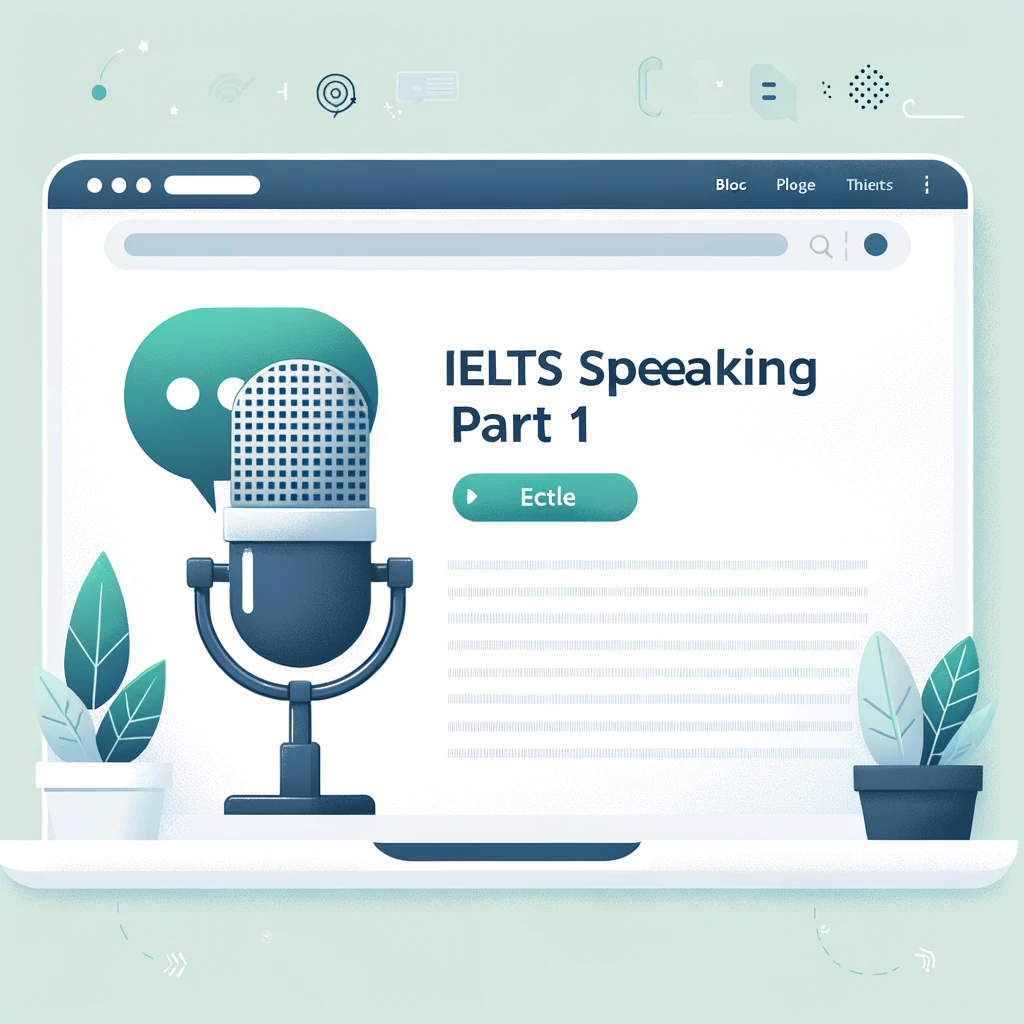Part 2
Describe a piece of music that you like.
One piece of music that I deeply appreciate is “Nothing Else Matters” by Metallica. This iconic rock ballad was released in 1991 as part of their self-titled album, commonly known as “The Black Album.” It is one of Metallica’s most well-known songs, characterized by its melodic structure and heartfelt lyrics.
I first heard “Nothing Else Matters” during my teenage years, when I was exploring different genres of music. A friend recommended the song to me, and from the very first listen, I was captivated by its powerful yet melancholic sound. The opening guitar riff, coupled with James Hetfield’s emotive vocals, created an immediate and lasting impression on me.
I like this song for several reasons. Firstly, its lyrics resonate deeply with me. The song talks about the importance of staying true to oneself and cherishing personal relationships above all else. It’s a profound message that underscores the idea of authenticity and emotional honesty. Secondly, the musical arrangement is exceptional. The combination of acoustic and electric guitar, along with the orchestral backing, creates a rich, layered sound that is both soothing and invigorating. Finally, I admire Metallica’s ability to convey deep emotion through their music, blending rock with elements of classical music to create something timeless.
I listen to “Nothing Else Matters” quite frequently. It’s a song that I turn to during various moments in my life, whether I’m seeking inspiration, relaxation, or a sense of comfort. Its timeless quality makes it suitable for any occasion, and I find that it never loses its impact, no matter how many times I hear it.
This song evokes a mixture of emotions in me. It often brings a sense of nostalgia, reminding me of my formative years and the experiences that have shaped me. At the same time, it fills me with a sense of calm and introspection, allowing me to reflect on what truly matters in life. The melody and lyrics together create a powerful and emotional experience that leaves me feeling both uplifted and contemplative.
Part 3
1. What role does music play in people’s lives?
Music plays a multifaceted role in people’s lives. It serves as a source of entertainment, a means of expression, and a tool for emotional regulation. Music can enhance mood, reduce stress, and provide comfort during difficult times. It also plays a significant role in cultural and social activities, bringing people together and fostering a sense of community and shared identity.
2. How can music influence a person’s mood and emotions?
Music has a profound ability to influence mood and emotions. Upbeat and fast-paced music can energize and uplift, while slower, more melodic tunes can have a calming effect. Lyrics can resonate with personal experiences, evoking feelings of joy, sadness, nostalgia, or inspiration. The rhythm, tempo, and harmonies in music can stimulate the brain’s reward system, releasing dopamine and creating emotional responses.
3. Do you think people’s musical preferences change over time? Why?
Yes, people’s musical preferences often change over time due to various factors such as age, experiences, and exposure to different genres. As individuals grow and encounter new life experiences, their tastes may evolve to reflect their changing emotions and perspectives. Additionally, exposure to new artists and styles, as well as social influences from peers, can significantly alter one’s musical preferences.
4. How can learning to play a musical instrument benefit a person?
Learning to play a musical instrument offers numerous benefits. It can enhance cognitive abilities, such as memory, attention, and problem-solving skills. Playing an instrument also promotes discipline and patience, as it requires regular practice and perseverance. Furthermore, it provides a creative outlet for self-expression and can improve coordination and fine motor skills. Socially, it can lead to opportunities for collaboration and performance, fostering connections with others.
5. What are some ways that music can bring people together?
Music can bring people together in various ways. Concerts and music festivals create a communal experience where people come together to enjoy live performances. Group activities like choirs, bands, and dance classes foster teamwork and camaraderie. Music can also serve as a common language, breaking down barriers and connecting individuals from diverse backgrounds. Additionally, shared musical tastes can strengthen social bonds and create a sense of belonging.
6. Should schools place more emphasis on music education? Why or why not?
Schools should place more emphasis on music education because it offers significant educational and developmental benefits. Music education enhances students’ cognitive abilities, including memory, spatial reasoning, and language skills. It also fosters creativity, critical thinking, and emotional expression. Furthermore, participating in music activities can improve social skills, teamwork, and self-esteem. Providing a well-rounded education that includes music helps students develop a variety of skills and fosters a lifelong appreciation for the arts.

